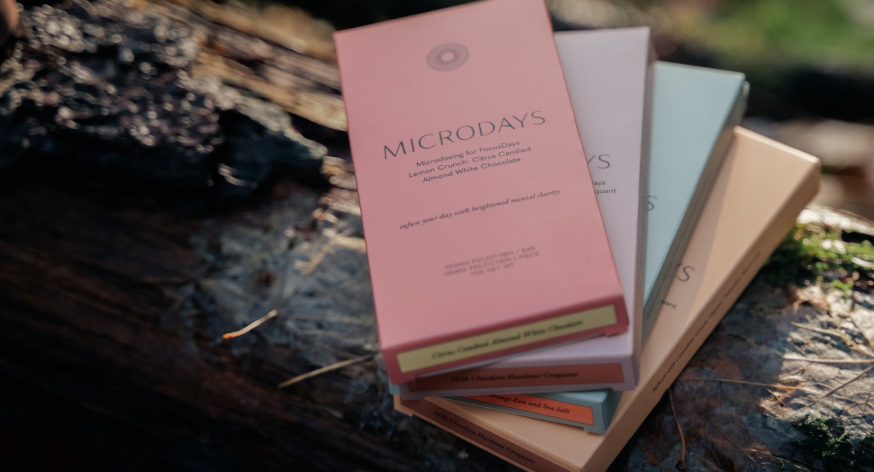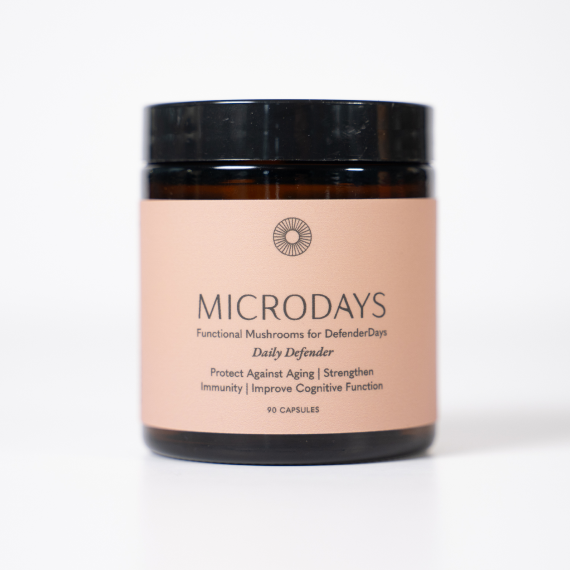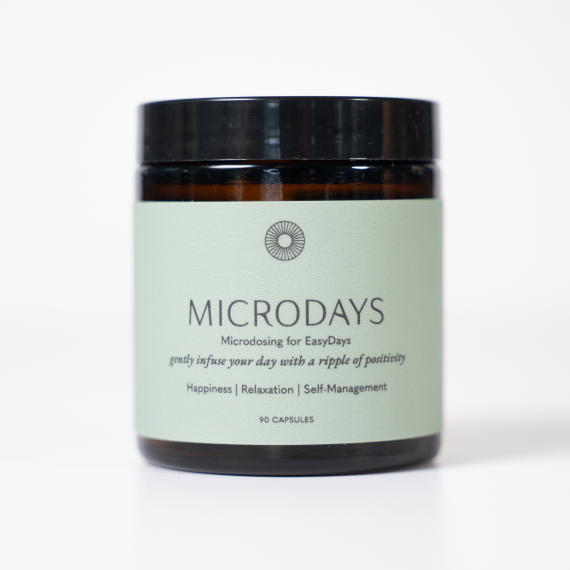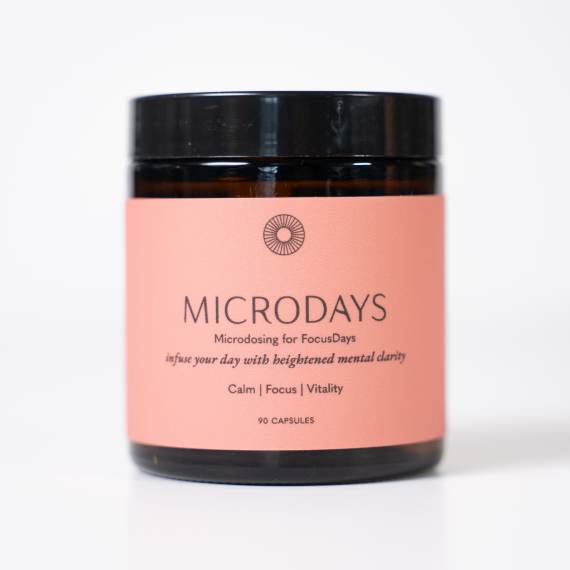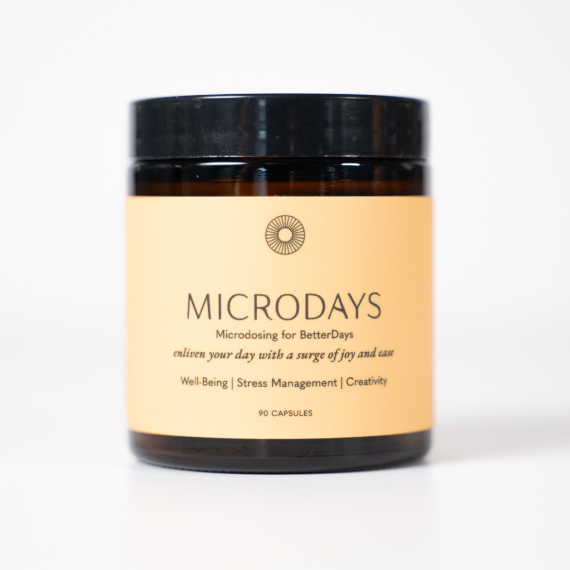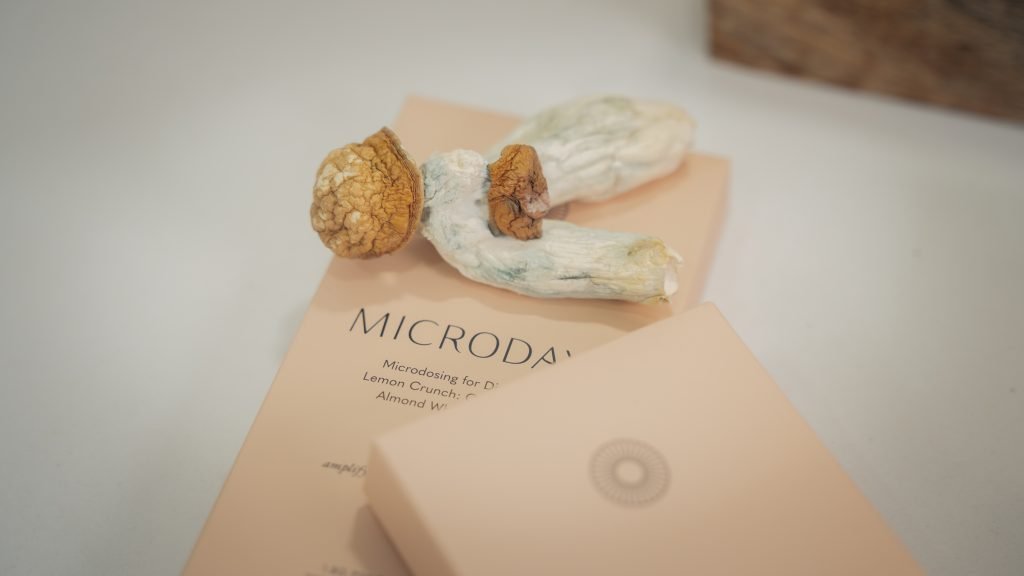Psychedelic Drug Therapy May Help Treat Alcohol Addiction – A Dive into the NYU Study
In a pioneering exploration led by researchers at NYU Grossman School of Medicine, the study “Psilocybin for Alcohol use Disorder: Rationale and Design Considerations for a Randomized Controlled Trial” delves into the promising prospects of using psilocybin to address alcohol dependence.
This randomized controlled trial (RCT) presents a comprehensive approach, combining psychotherapy with carefully administered psilocybin doses, to assess it’s impact on behaviour chnage in individuals with alcohol use disorder.
___________________________________________________________________________________________________________________________________________
Table of Contents
Study Overview: Unveiling Psilocybin’s Promise
Notable Discoveries: Addressing Alcohol Dependence with Psilocybin
Implications: Unlocking Psilocybin’s Potential in Treatment
Future Directions: Charting New Paths in Addiction Therapy
Study Overview:
The multi-site, double-blind RCT involved 96 participants who were randomly assigned to receive either oral psilocybin or an active placebo (oral diphenhydramine). Over a 12-week period, participants underwent structured psychotherapy alongside two dosing sessions with either psilocybin or diphenhydramine at weeks 4 and 8. Notably, the initial dosages were 25 mg/70 kg psilocybin or 50 mg diphenhydramine, with potential adjustments in the second session based on initial responses. The study extended to week 36, and those meeting safety criteria were offered an open-label psilocybin session.
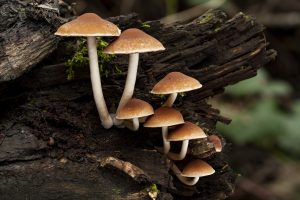
___________________________________________________________________________________________________________________________________________
Two doses of psilocybin significantly reduces heavy drinking by 83% on average among heavy drinkers when combined with psychotherapy, a new study shows.
___________________________________________________________________________________________________________________________________________
Notable Discoveries:
The study yielded remarkable insights, demonstrating that nearly half (48%) of those who received psilocybin completely stopped drinking after eight months, as opposed to 24% in the placebo group. These findings underscore the potential of psilocybin-assisted therapy as a groundbreaking means of addressing alcohol use disorder.
The primary outcome measured the proportion of heavy drinking days during the 32 weeks after the first dosing session. Secondary outcomes included safety assessments, additional measures of drinking, craving, self-efficacy, and acute effects. The study also aimed to explore moderators and mediators of the primary outcome, with the detailed results to be published separately.
Implications of the Study:
The study aligns with growing evidence suggesting that classic psychedelics like psilocybin might facilitate behaviour change in individuals with substance use disorders. The structured combination of psychotherapy and carefully administered psilocybin doses reflects a comprehensive approach to treating alcohol dependence.
___________________________________________________________________________________________________________________________________________
This study contributes significantly to the ongoing discourse on the therapeutic potential of psychedelics, specifically psilocybin, in addressing complex issues like alcohol use disorder.
___________________________________________________________________________________________________________________________________________
As we await the detailed results, the study’s design and rationale provide a robust foundation for future research, offering hope for novel and effective interventions in the realm of addiction treatment.
Thank you for reading,
The MicroDays Team
Kelley C O’Donnell, Sarah E Mennenga, Lindsey T Owens, Samantha K Podrebarac, Tara Baron, John Rotrosen, Stephen Ross, Alyssa A Forcehimes, Michael P Bogenschutz. Psilocybin for alcohol use disorder: Rationale and design considerations for a randomized controlled trial. ClinicalTrials.gov NCT02061293. DOI: 10.1016/j.cct.2022.106976. Published online: August 24, 2022. Copyright © 2022 Elsevier Inc. All rights reserved.

